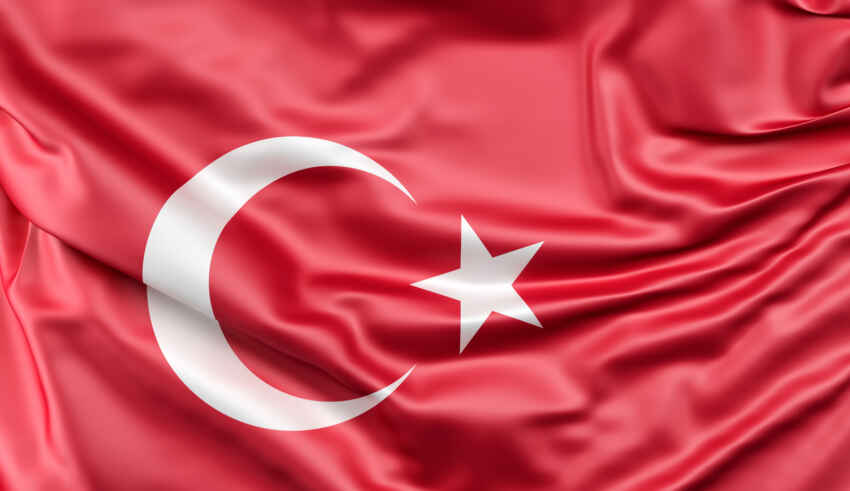
The war between Israel and Hamas has divided public opinion is a way that other conflicts have not. Importantly, the whole West has been identified with Israel. A process that was facilitated by the, at least initially, unwavering support given by Europe and the US to Israel. Nonetheless, this conflation of the West with Israel has been widely instrumentalised by leaders whose politics rest on an anti-West rhetoric. One of such leaders is Erdogan, who has been using the war in the Middle East to increase his anti-west propaganda so as to strengthen his internal consensus and try to shield himself from accountability for the breached of international law Turkey committed.
At every occasion since the war started, Turkey’s president has been pointing out the West’s hypocrisy when it comes to enforcement of international law. Here he is aided by the fact that Turkey was sanctioned for using disproportionate force in northern Syria whilst no sanctions have been envisioned yet for Israel. Similarly, Erdogan has used western governments’ banning of some pro-Hamas protests to point out that those same governments criticised Turkey for banning anti-government protests. Although there is arguably a sharp difference between the two instances, all of this has helped Erdogan gaining more internal consensus by undermining his representation as the only bad guy.
The strategy seems to be working far beyond officials in Ankara, gaining momentum with the opposition, dissidents as well as ordinary Turks. While the conflict in Gaza may not resonate with Turkey in the same way it does in the Arab world, it still holds significance for the Turks. A majority of them sympathises with Palestinians; crucially, the Turks who identified with the Western order might now be shifting their position, under the impression that Western norms disintegrate when confronted with conflicts like the one in Gaza, or generally when a West backed country is involved in a conflict. A poll conducted before the October 7th massacre indicated a decline in Turkey’s perception of the West, with a mere 12% viewing the United States as friendly and 77% as an enemy. It can only be imaged that the ongoing war and the response to it further declined support for the West.
These anti-West sentiments are widespread beyond Turkey, nonetheless, Turkey’s sharp position on the matter calls for more attention due to its relations with the West. Not only Turkey is part of NATO, but it has aspired to become a member of the EU for some time now. This also comes at a point when Turkey’s relations with Europe and the US were already strained due to issues including Sweden’s accession to NATO, Turkey’s membership to the EU and Turkey’s foreign policy. Now that Erdogan is blaming the West for not stopping the war in Gaza and is supporting Hamas defining them not as terrorists but as “mujahideen” (holy warriors) the chances for a positive development of Turkey’s relations with the EU and the US are slimming.
The situation is further aggravated by the fact that Turkey is home to some of Hamas’ leaders. The latter claim to not have been involved in the preparation of the attacks on October 7th. However, if evidence was to emerge that they were indeed aware and that Turkish officials were as well, Turkey could face accusation of complicity, with all of consequences that would have. However, with such evidence unlikely to come up, Erdogan stands more to win than to lose from this situation. In fact, the stronger the international perception of the West having opportunistic double standards, the weaker Europe’s and America’s ability to hold Turkey accountable for its breaches of international law, specifically international human rights laws, both internally and externally. For example, it will be harder for Western countries to address Turkey’s targeting of civilian infrastructure in Syria, where Turkish troops are fighting Kurdish insurgents. Similarly, the West will have less leverage when calling for Turkey to condemn Russian war crimes in Ukraine.
As a result, it seems that Erdogan has been able to capitalise on the current situation in Gaza, specifically on the West’s inability or unwillingness to put an end to it, in order to gain a moral high ground at home, thus reinforcing its political strength, position itself as a reference point in the Arab world whilst also diminishing accountability for his own abuses of power. This might have come at the cost of strained relations with the West; however, it is argued that Turkey’s relations with the West will not be significantly altered by this stand, thus ultimately Erdogan stands to gain more from his tactic than to lose.
By The European Institute for International Law and International Relations














